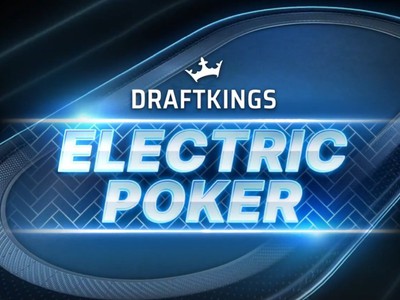The Department of Justice (DOJ) asked for — and received — a 30-day extension to respond to a lawsuit filed by IGT over the department’s position on the Wire Act.
In a consent motion filed last month in District Court for the District of Rhode Island, the DOJ asked to be given until February 23, 2022 “to prepare an appropriate response in light of the government’s significant interest in the legal issues presented in this case.” IGT agreed to the extension.
It is possible DOJ is kicking the can down the road a bit because it has not yet formulated a policy position which would be evident in their answer.
“We have nothing further to add at this time,” IGT spokesman Phil O’Shaughnessy told US Gaming Review.
IGT — the largest provider of iGaming and lottery services in the US — and its US-based subsidiary filed suit against the DOJ in November 2021. The company fears its non-lottery gaming business could be subject to prosecution under the Wire Act.
At the core of the matter are conflicting opinions issued by the DOJ’s Office of Legal Counsel (OLC) during the Obama and Trump administrations. The Obama DOJ had opined, in 2011, that the Wire Act applied only to sports betting. The Trump DOJ reversed that position in 2018.
A district court in New Hampshire ruled against the Trump DOJ in 2019. The government then went to the First Circuit Court of Appeals, which upheld the lower court’s ruling in January 2021 — the same month the Biden administration took office. The Biden DOJ declined to appeal the case before a June 2021 deadline to do so, leading to speculation about the government’s position.
In its complaint, IGT asserts that rulings in the case New Hampshire Lottery Commission v. Barr apply only to the plaintiffs in that case. The company wants the DOJ to clarify its position.
- $100 in freeplay funds
- Win WSOP bracelets
- New Poker 8 software
Experts Say Extensions “Fairly Common”
At first blush, attorneys who specialize in US gaming law didn’t appear fazed by the development and cautioned against reading too much into the 30-day extension.
“It is not at all unusual for a party to request and receive extensions in which to answer or otherwise respond to a complaint,” Scott Andress, an attorney with Balch and Bingham LLP, told US Gaming Review. “It is also typical, as a matter of professional courtesy, for the other party to assent, or not object to, requests for extension.”
Gregory Gemignani, an attorney with Dickinson Wright PLLC, put it bluntly: “I wouldn’t read anything into a request for an extension of time to file an answer.”
Anthony Cabot, Distinguished Fellow in Gaming Law at the Boyd School of Law, University of Nevada-Las Vegas (UNLV), said “there could exist dozens of reasons for the requested delay including workload or personal reasons by the attorneys handling the matter.”
Behnam Dayanim, a partner in the Washington, DC office of Paul Hastings LLP, agreed. “Extensions of this sort are fairly common and can be requested for any number of reasons, often with no relevance to the case itself,” he said.
DOJ Could Be Making a Move
But the Biden DOJ could also be preparing a transformational decision.
“It is possible DOJ is kicking the can down the road a bit because it has not yet formulated a policy position which would be evident in their answer,” said Saiber LLC’s Jeremy Kleiman. “Or the parties could be talking and trying to resolve the case without the necessity of DOJ filing an answer.”
Andress said the Biden DOJ may have requested additional time to modify its opinion on the application of the Wire Act, in a way that conforms to the First Circuit’s ruling. “Such a modified opinion would apply throughout the US and render the current litigation moot,” he said.
“Then again, the extension may have been sought simply to provide the government more time in which to answer or otherwise respond to the complaint.”
- $150 in free funds
- Great tournament schedule
- Excellent player traffic
Jeffrey Silver, of counsel with Dickinson Wright, said he perceives that Attorney General Merrick Garland “likes the thought that companies are graciously being allowed to operate because of their temporary indulgence based upon ‘gaming’ being a low priority.”
Whether there will be additional extensions is unclear. “I don’t think one extension necessarily presages another,” Dayanim said.
In the meantime, IGT and the rest of the gaming industry will just need to continue waiting for the case to play out.
“We can hope that the reason [for the extension] is that the DOJ needs more time to revise the incorrect, politically motivated, Trump-era interpretation of the Wire Act,” Cabot said. “That, however, would be pure speculation.”
The case in Rhode Island District Court is IGT et al v. Garland et al.











